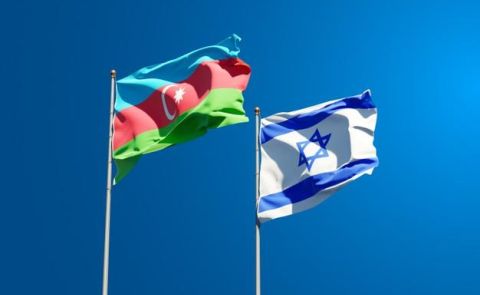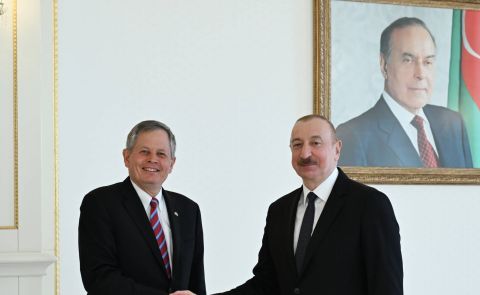
Lavrov: “We reaffirmed our interest for our Georgian partners to join the 3+3 promising format”
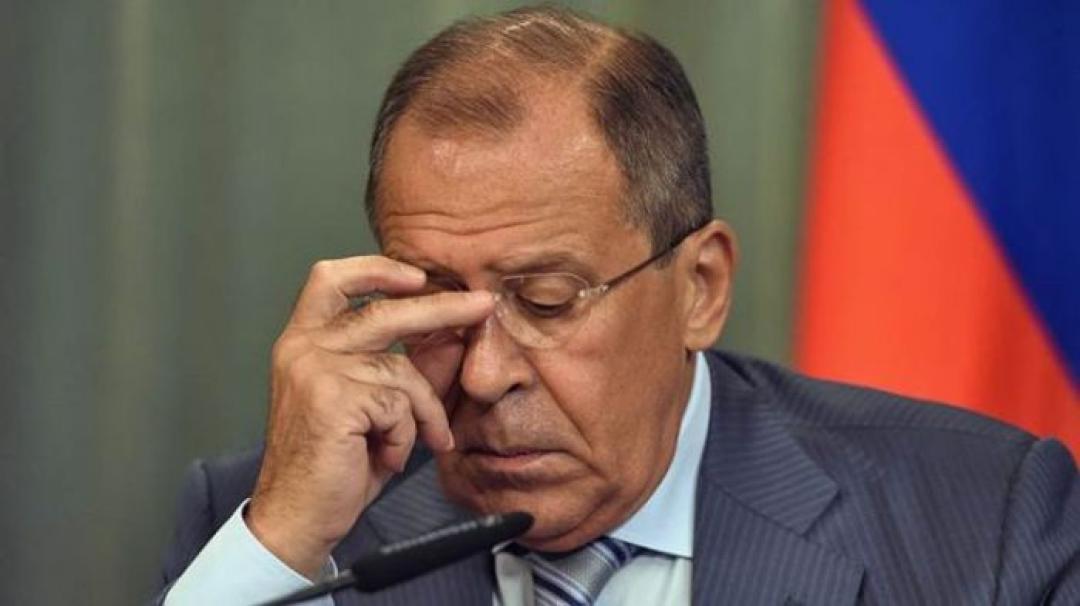
The effective opening of the 3+3 consultative regional platform, which comprises three Transcaucasian countries: Russia, Iran, and Turkey, was highlighted by Russian Foreign Minister Sergei Lavrov.
"We agree that this platform provides new prospects for initiating conversation and fostering diversified cooperation between the South Caucasus nations and their neighbours. We reiterated our desire for our Georgian friends to participate in this exciting format," according to Lavrov.
The inaugural meeting of the 3+3 consultative regional platform, co-chaired by the Deputy Foreign Ministers of the Russian Federation, Azerbaijan, Armenia, Turkey, and the Director General of the Iranian Foreign Ministry, was held in Moscow on December 10, 2021. Representatives from Georgia, who were also invited, did not attend the meeting, according to the Russian Foreign Ministry. The mi the potential for the expansion of multidimensional regional cooperation were reviewed at the conference.
In January 2022, Turkish President Recep Tayyip Erdoğan told his Iranian counterpart Ebrahim Raisi in a phone call that Turkey wishes to host the next Caucasus cooperation platform conference. The two leaders addressed bilateral ties and regional concerns. According to a statement from the Turkish Presidency's Directorate of Communications, Erdoğan informed Raisi that work on the high-level cooperation council meeting, which will take place as soon as feasible in Tehran, as well as the agreements that can be signed, is still ongoing.
In the same month, Georgia's Ambassador to Turkey, George Janjgava, said that Georgia will not attend the next 3+3 Caucasus platform conference. Ankara has often called for a six-nation platform made up of Turkey, Russia, Iran, Azerbaijan, Georgia, and Armenia to maintain lasting peace, stability, and cooperation in the Caucasus, presenting it as a win-win proposal for all regional countries.
Diplomatic relations between Russia and Georgia, which aspires to join the European Union and NATO, have deteriorated since Moscow invaded two of Georgia's provinces in a battle and recognised the independence of South Ossetia and Abkhazia, where Russian forces are now stationed. The rest of the world, on the other hand, continues to see them as Georgian territory.
Following the 2008 Russia-Georgia conflict, Europe's top human rights court judged Russia liable for a slew of abuses in these areas in 2021.
After the hostilities, the Strasbourg-based court ruled that Russia had effective control over Georgia's separatist regions, and that it was responsible for ill-treatment and acts of torture against Georgian prisoners of war, arbitrary detentions, and the "inhuman and degrading treatment" of 160 detained Georgian civilians held in crowded confinement for more than two weeks in August 2008.
Following the Nagorno-Karabakh war last year, Turkey and Azerbaijan suggested the Caucasus platform.
See Also

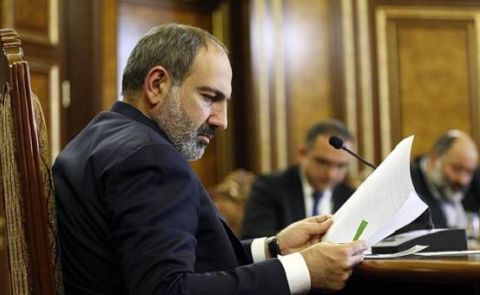
Pashinyan Commemorates First Republic Day, Highlights Progress in Sovereignty and Peace Efforts
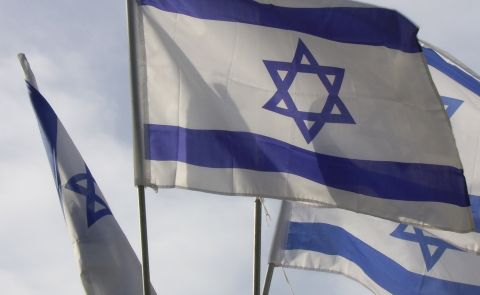
Israeli Ambassador to Armenia Acknowledges Challenges but Optimistic About Future Armenian-Israeli Cooperation
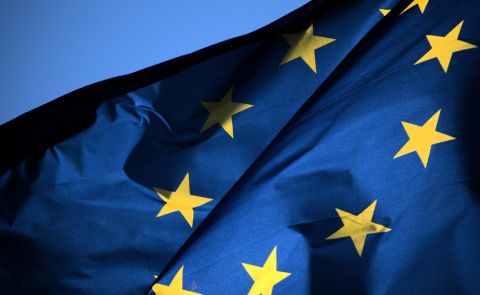
EU Plans Closer Cooperation with Azerbaijan, Georgia, Türkiye, and Other Black Sea States
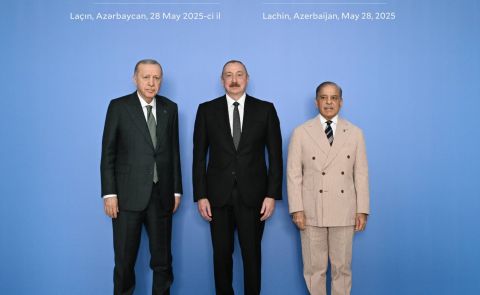
Azerbaijan, Türkiye, and Pakistan Highlight Growing Strategic Cooperation at Lachin Summit
